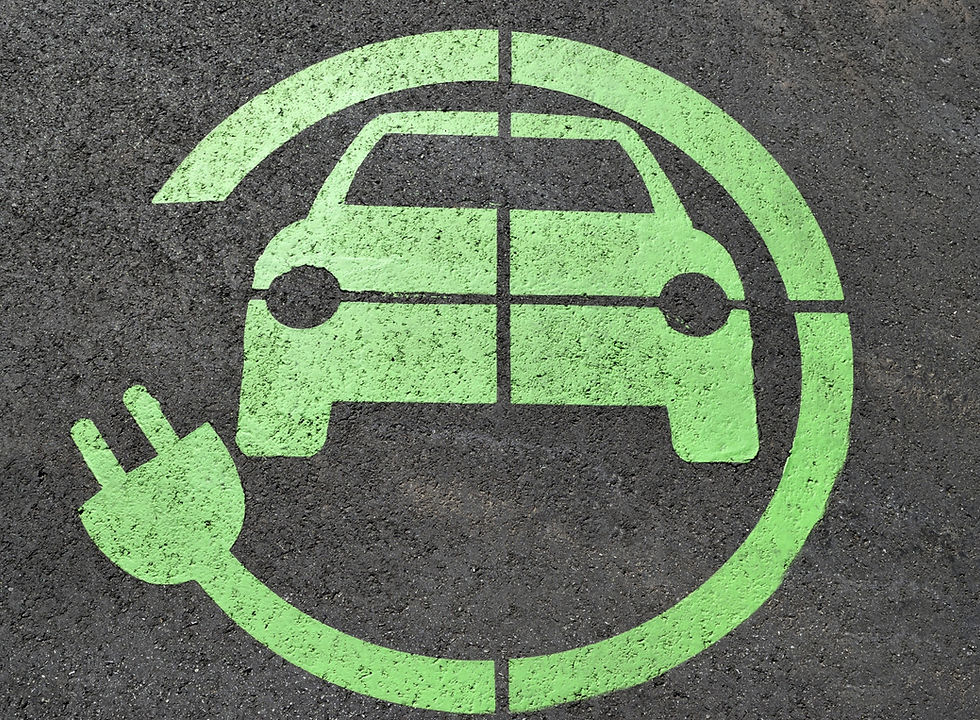The Blue Wall is Back, For Now
- Anna Hickey

- May 15, 2023
- 3 min read
After 2016, the obituaries for the Democratic Party were being written in the Upper Midwest. The past few months have shown a revitalized, progressive Democratic Party that is soundly winning elections.

November 8, 2016 will be a day that Democrats will never forget, especially Midwestern Democrats. After six years of losing seats in state legislatures, governorships, and control of Congress, Democrats lost the presidential election to the shock of most Americans. Donald Trump winning Wisconsin, Pennsylvania, and Michigan, and coming quite close in Minnesota, was a shock to Democrats who had viewed the pro-union, pro-choice, socially liberal Great Lakes region as a Democratic stronghold.
Hillary Clinton’s loss in these previous Democratic strongholds, called the “Blue Wall,” was seen as the beginning of the end for the Democratic Party in the Rust Belt. Between 1992 and 2012, every Democratic candidate had won these states, and normally by a comfortable margin. The loss in 2016 was not the start of Democratic weakness in those states; it was the end result of years of weak state parties, low voter turnout, and little attention paid to state elections.
Going into the 2016 election, the governors in Wisconsin and Michigan were Republicans. In all three states, Republicans controlled both chambers of the state legislature and dominated the Congressional delegations. In Wisconsin, conservatives controlled the state supreme court, while in Pennsylvania, conservatives had controlled the court until the 2015 judicial election. Between 2010 and 2016, Democrats slowly lost control of nearly all the levels of government across the Rust Belt. 2016 provided a shock to the system of Democrats around the country, but especially in those states. After the 2022 midterm elections, the governors in all three states were Democrats. Democrats controlled both chambers in the Michigan legislature for the first time since 1983 and flipped the Pennsylvania state house.
Regaining power in the rust belt was possible due to sustained organizing by state parties and recognition of changing coalitions. From 2010 to 2016, the Democratic national party underfunded state parties and did not seriously invest in sustaining support for Democratic candidates. The past six years have resulted in Democratic parties that know how to engage and turnout voters. The Wisconsin state Democratic party, specifically, became a powerhouse fundraiser for the statewide candidates. Democratic candidates focused their messaging on protecting labor unions and economic protectionism. A focus on protecting access to public education led to Michigan Democrats flipping the state legislature and brought Gov. Tony Evers to victory in Wisconsin.
The ongoing fallout from the Dobbs v. Jackson decision by the Supreme Court that overturned Roe v. Wade will further help Democrats in these states. The fight in states to retain access to abortion has accelerated the suburban shift to the Democratic party. Most states in the Midwest are less religious than the countries’ average, and support legal abortion. In 2022, 56% of Michigan voters elected to enshrine reproductive rights and abortion access in the Michigan Constitution. Justice-Elect Janet Protasiewicz’s focus on abortion access led her to an 11-point victory in the 2023 Wisconsin Supreme Court race.
Joe Biden, unsurprisingly, announced his re-election campaign on April 23, 2023 with a video that emphasized freedom and democracy. Much like Democratic candidates in 2022, his campaign highlighted the anti-democratic impulses of the Republican party, tying together the January 6th riot to the overturning of Roe v. Wade to the ever-present fear of gun violence. Coupled with an emphasis on the importance of labor unions and domestic manufacturing, this message will re-solidify the Blue Wall and keep Biden in the White House in 2024.
Anna Hickey is a fourth-year C.L.E.G. major in the School of Public Affairs. They are a Managing Editor for the American Agora.
Image Courtesy: Fibonacci Blue | Flickr.




Comments